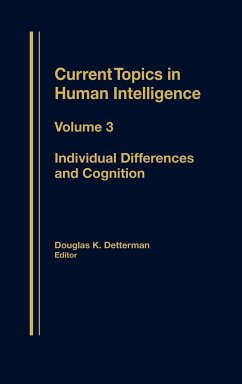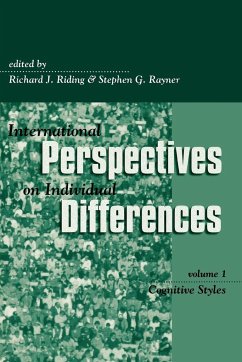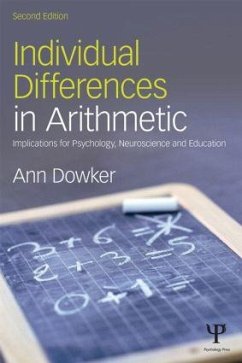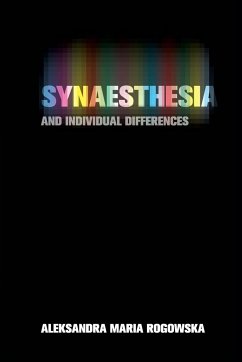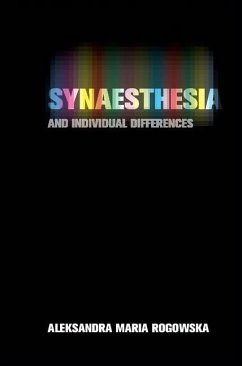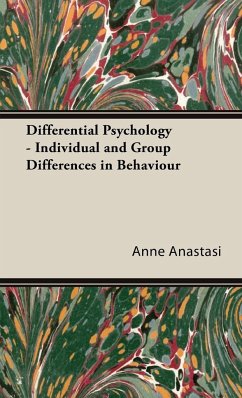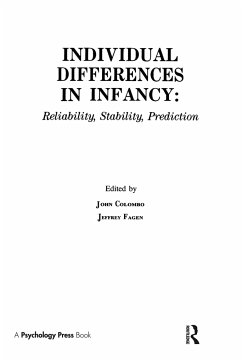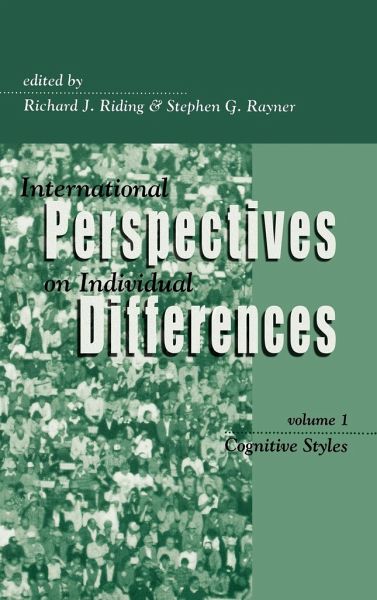
International Perspectives on Individual Differences
Cognitive Styles
Herausgeber: Riding, Richard; Rayner, Stephen
Versandkostenfrei!
Versandfertig in 1-2 Wochen
89,99 €
inkl. MwSt.

PAYBACK Punkte
45 °P sammeln!
The first volume in the series considers cognitive style, which is an important element in this emerging work and may well prove to be the missing link in the study of individual differences. Cognitive style is an individual's preferred and habitual approach to both organising and representing information. The purpose of the book is to reflect current academic debate focusing on key models of style. In this respect, the book is designed as a contemporary review of current thinking in the field, set within the framework of a conceptual synthesis of the research. To this end, a variety of expert...
The first volume in the series considers cognitive style, which is an important element in this emerging work and may well prove to be the missing link in the study of individual differences. Cognitive style is an individual's preferred and habitual approach to both organising and representing information. The purpose of the book is to reflect current academic debate focusing on key models of style. In this respect, the book is designed as a contemporary review of current thinking in the field, set within the framework of a conceptual synthesis of the research. To this end, a variety of expert workers' from the field contribute to the book, providing recent, relevant and alternative perspectives upon the nature of style differences and their implication for psychological theory and applied developments. The book considers an area relevant to a very wide audience. The topic is of interest to both research psychologists and applied social scientists, in the areas of personality and individual differences, counselling and therapy, occupational psychology and human resource management, and training and education. This book is also appropriately placed on reading lists for undergraduates and postgraduates in psychology, management and business studies, and education. This first volume in the series looking at individual differences, draws upon an international base to present models of cognitive style that reflect a movement toward consensus in the field. The contributors to this volume are: Richard Riding and Stephen Rayner, UK (Editors); Steven Armstrong, UK; Michael Driver, USA; Lynn Curry, Canada.; Martin Graff, Wales, UK; Simon Handley, Stephen Newstead & Helen Wright UK; Patricia Jensen & David Kolb, USA; ? yvind Martinsen & Geir Kaufmann, Norway; Eugene Sadler-Smith, UK; Olivia Saracho, USA; Gregory Yates, Australia; Ronald Schmeck, USA.



